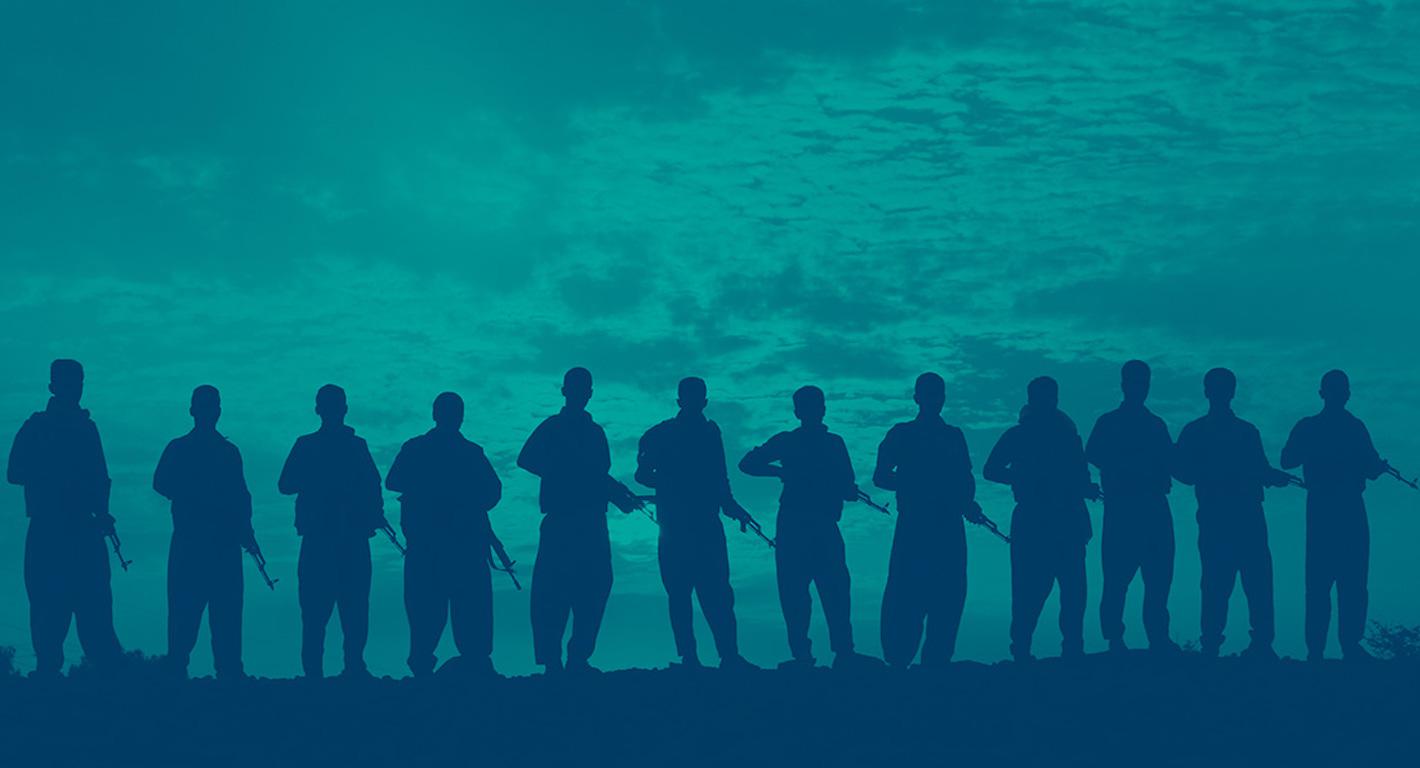Registration
You will receive an email confirming your registration.
In a joint statement issued on February 25, India and Pakistan reaffirmed their commitment to the 2003 ceasefire agreement. This comes in the wake of increasing violations and regular exchanges of fire between Indian and Pakistani troops along the Line of Control (LoC) and the International Border. The announcement followed a rare conversation between the director generals of military operations (DGMOs) of both countries over the established military hotline.
Can India and Pakistan translate their stated intentions for "mutually beneficial peace" into reality? Further, how can the ceasefire agreement be viewed in a wider geopolitical context?
We hosted D.S. Hooda, T.C.A. Raghavan, Indrani Bagchi, and Rudra Chaudhuri for a discussion on the implications of the recent ceasefire announcement between India and Pakistan. The event was moderated by Srinath Raghavan.
